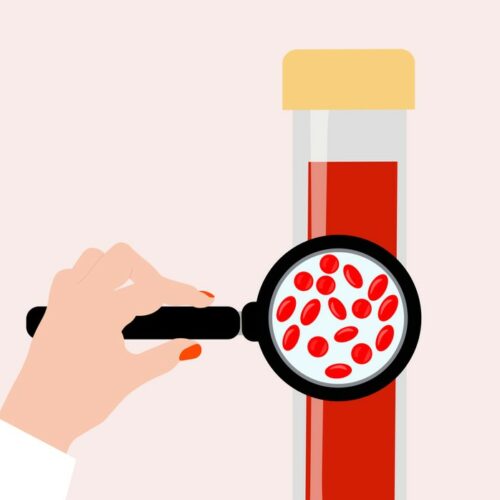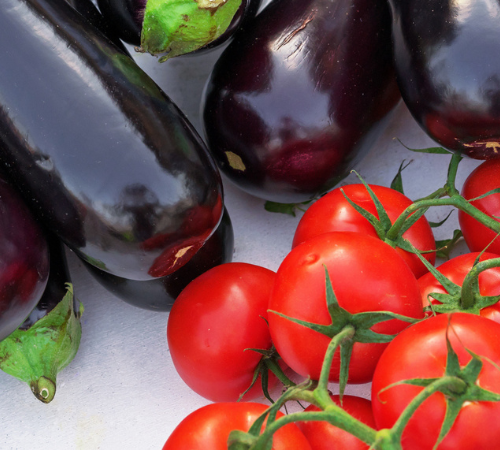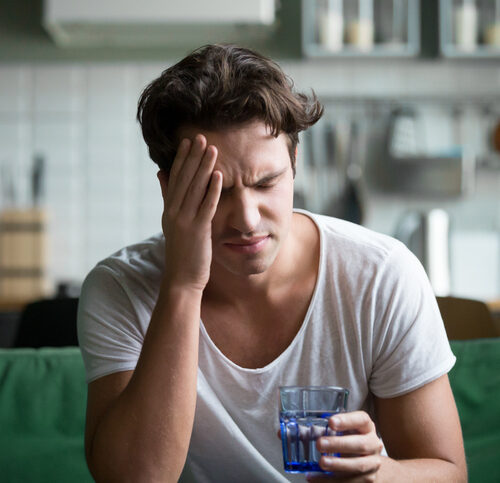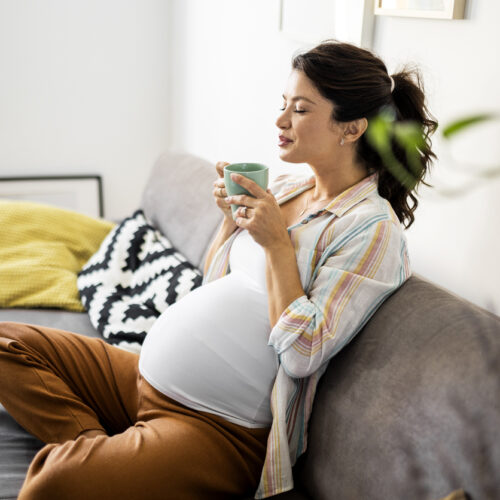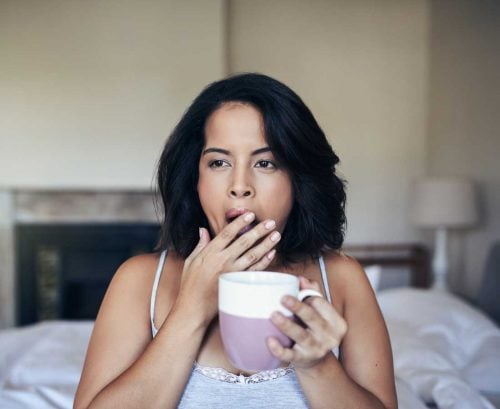
Healthy Food Guide nutritionist Claire Turnbull looks at the connection between coffee and sleep quality
Q I have several cups of coffee a day and one just before bed and still go to sleep with no problems, but my partner keeps telling me it’s not good to have coffee before bed. How much is ok to have a day and is it really an issue to have it at night? I am tired a lot, but the coffee helps!
A Due to its caffeine content, coffee can be a very effective stimulant, increasing alertness, which is what makes it so appealing for many. The thing to be mindful of, however, is that caffeine has a long half-life which means that it breaks down slowly and therefore hangs around in your body for a long time. In fact, if you have a coffee (or any other caffeinated drink) at 7am, 12 hours later, at 7pm, roughly a quarter of the caffeine from that drink will still be circulating in your system.
If you have several coffees during the day and then one at night, when your head hits the pillow, caffeine will certainly still be in your body. The thing to be aware of, though, is that this doesn’t necessarily stop you from going to sleep. But, when you are asleep, the quality of your sleep can be compromised. So, essentially, you are unlikely to get the same deeply restful sleep that you would without that much caffeine pumping round. The end result – you can wake up feeling tired and, voila, you need another coffee to wake you up! It’s a vicious circle many of us fall into.
Aiming to keep your daily caffeine intake to 400mg or less is a good guide, and for anyone to is pregnant, aim for less than 200mg a day. Given the time it takes caffeine to break down, it is also advisable to have this in the earlier part of the day to minimise the impact on sleep quality. Some people are more sensitive to caffeine than others so, for them, less is better.
The caffeine content of coffee varies depending on the type and how it is brewed but, as a rough guide, a single shot of espresso is around 145mg, 1 teaspoon of instant coffee is 80mg and for tea drinkers, there is around 50mg in a cup.
The good news is that there are plenty of great decaf coffees on the market these days as well as many delicious non-caffeinated herbal and fruit teas, so it is worth swapping to those later in the day.
For more on coffee you might be interested in: Better options than coffee to beat an energy slump or The surprising health benefits of coffee
Article sources and references
- Caffeine and sleep impact Hammami, M. M., Al-Gaai, E. A., Alvi, S., & Hammami, M. B. (2010). "Interaction between drug and placebo effects: A cross-over balanced placebo design trialhttps://www.ncbi.nlm.nih.gov/pubmed/21092089
- Caffeine content of some food and drinks. Food Standards Australia New Zealandhttps://www.foodstandards.govt.nz/consumer/generalissues/Pages/Caffeine.aspx
www.healthyfood.com


